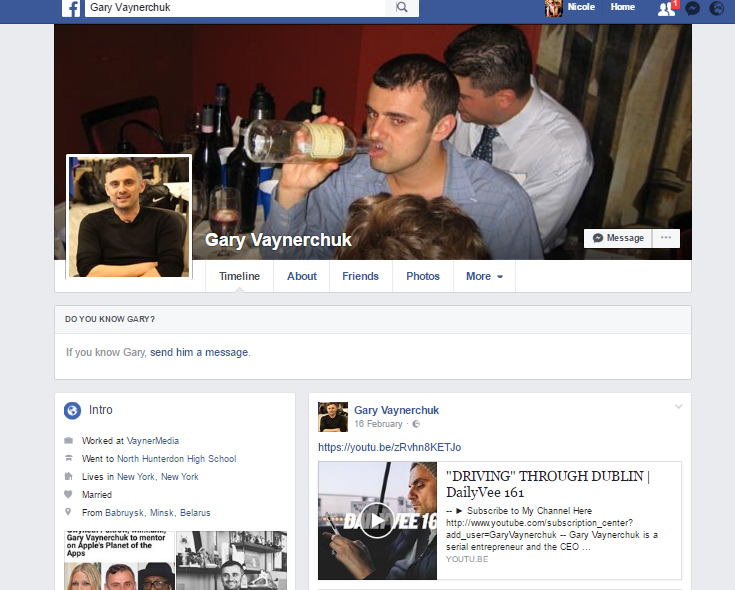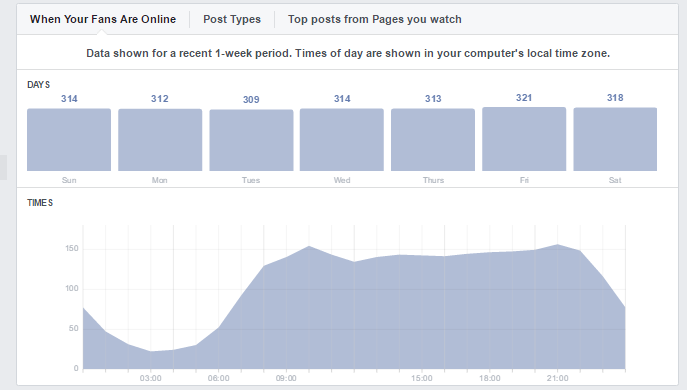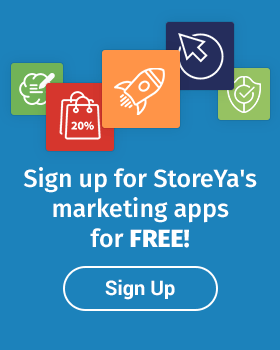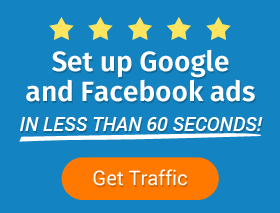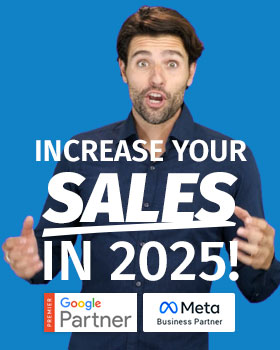Leave it to Gary Vee to always tell it like it is. About three months ago I stumbled (organically on Facebook as it happens) onto his key points for small businesses article where he proclaimed:
“If you are a business or organization of any kind that wants to be heard in the world, refocusing on the content you put out on Facebook, Twitter, Instagram, Snapchat, YouTube, LinkedIn, Medium, and whatever else has the market’s attention at the time, is a huge factor.”
So, by ‘refocusing’ did he mean pumping more money into your Facebook campaigns? Surprisingly not. He went on to say that people have been spending too little time in caring about their organic reach and when it comes to investing, you should be doing so by spending more money in creating a lot of good content. Why?
“Because it is the most natural and current state of the internet. While the supply and demand shift for paid media becomes more saturated, it leaves an incredible opening for the brands that make great content to grow the right way.”
So yes, we DO care about organic reach. Organic reach is free exposure, a sign of engaged users and increased brand awareness that leads to brand trust. Organic reach also has another very important aspect: it allows you to test content on your existing fans to see their engagement, before plugging hundreds of dollars into a paid campaign.
So what now? What can you do or what should you not do to improve your organic Facebook reach?
Leverage Your Personal Facebook Following
Your friends, family, people you know are much more likely to share or engage with content because they know you – so why not leverage your personal network to gain engagement traction or even better build your fan base. Share milestones on your personal profile while tagging your store Facebook page, allow people to follow your personal profile to see limited content and allow them to engage with you personally, and don’t be shy about sharing those blog links on your newsfeed – but remember not to spam them either with a million business related posts per day.
This is also another way you can show off your business personal side. Even Gary Vee shares content on his personal account.
Respond to Every Comment
You’ve worked your butt off to grow your Facebook page following and create content that is being shared, reacted to and commented on – why throw it all away by not replying to those comments? Engagement is a two-way street. By ignoring followers, the chances of them commenting on your content again becomes slim to none, meaning you drive down your engagement, which drives down your organic reach.
Take the time to reply, offer suggestions, be helpful or say thank you – like the below online store does – as it will go a long way to brand loyalty as well.
Post at the Right Times
Have a look at your engagement stats and see at what times and on which days your fans are most active and then plan your content schedule around that by testing results during off and on peak times. This will give you a better chance of your content showing up in followers’ feeds.
Whatever works for you, plan your content around the times that get you the most organic reach.
Remember that Less is More
When it comes to organic reach, the content you’re posting is vital. It is better to post great content less often, than to post mediocre content more often. Do you really want to be spamming your users with crappy content they don’t want to see? Nope, of course not! So plan your content and aim for quality over quantity.
How much should you be posting? The consensus differs on this one. Some experts suggest no more than once a day around 3-5 times a week, while others say twice a day every day. I would suggest that this is determined by what content you have to post, as there is no use posting for the sake of it. Instead, plan your content and ask yourself how many awesome posts you can produce, and then decide from there – starting with the days that your fans are most active.
Post Evergreen Content
Evergreen content refers to those posts that never get old or at least have a longer shelf life. Yes, posting those last-minute promotions are good, but if you’re only posting limited deals your content is going to get stale very quickly. Evergreen posts are good for organic reach because every time a post is shared, commented on or reacted to, you’re exposing your content – organically – to a new audience as it shows up in the reactor’s newsfeed. The more green the content, the more likely it is that you will get more engagement and therefore a higher reach.
Good evergreen content includes how-to guide articles, trend videos, personal stories or by making it seasonal so it as a three-month shelf life. H&M are kings of the seasonal trends posts. Look at their summer trends post below that visually gives ideas on everything from shoes to bikinis.
What You Should Never Do
Buy Likes
It’s tempting to fall for those clickbait companies that offer you 5,000 likes for $10, but what about the quality of those likes? First of all you won’t win any brownie points with Facebook, as these spam tactics are against the Facebook Code. Secondly, you may get some additional numbers, but those likes won’t engage with your content, ultimately decreasing your organic reach. Thirdly, you could lose quality likes in the process as those companies use poor-quality updates and spamming tactics, which bombard your existing fan base.
When it comes to page likes, it’s always quality over quantity. It is better to have 300 likes engaging in your content (sharing, liking and commenting) than 3,000 likes that are not invested in your content, or your brand, at all.
Lose Your Brand Personality
Social media is about showing off your eCommerce brand’s human side, and your content should reflect that. Yes, links to blog posts and new stock are important, but include some real-life content as well, such as: team photos, fun reposts from your satisfied customers, or personal quotes.
There are a lot of ways to keep it personal including this example from Tee for the Soul, who personally introduce new stock by way of videos, keeping even the ‘hard sell’ stuff fun and real.
Which brings us to our next point…
Only Posting Hardsell Posts
One of the surest ways you can kill your organic reach is by only ever posting about what you have to sell. Fans will lose interest in your page very quickly if your content just shows what you want them to buy. Remember, you’re competing with tons of more interesting things and pages, from photos of grandbabies to videos of cute puppies. By losing your social side you are more likely to get lost in the shuffle, or have your posts hidden by users, which kills your organic reach.
Don’t take my word for it; SEO, small business expert and entrepreneur Neil Patel is a big believer in this and advocates that businesses posts should be 80% social and only 20% hardsell – see him practicing what he preaches below.
—
May your organic reach flow! Have something to add? Post in the comments below.

Nicole is a content writer with over sixteen years experience and flair for storytelling. She runs on a healthy dose of caffeine and enthusiasm. When she's not researching the next content trend or creating business content strategies, she's an avid beachgoer, coffee shop junkie and hangs out on LinkedIn.
Recommended articles
 Facebook Ads for eCommerce: 16 Strategies, Examples & Tips
Facebook Ads for eCommerce: 16 Strategies, Examples & Tips
 How to Build a Winning eCommerce Ads Strategy
How to Build a Winning eCommerce Ads Strategy
 Google Ads for eCommerce: Everything You Need to Know
Google Ads for eCommerce: Everything You Need to Know
 10X Your Traffic with PPC Management Software
10X Your Traffic with PPC Management Software
Comments
Powered by Facebook Comments
